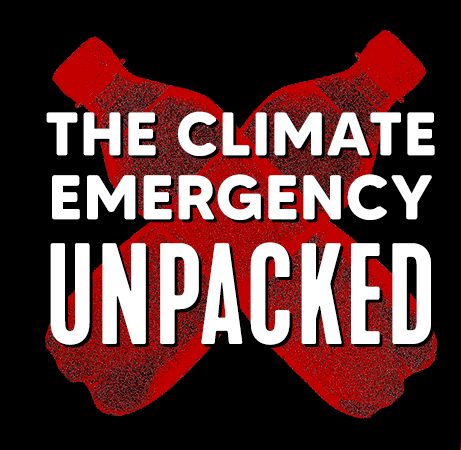Our plastics newsletter covered a number of stories in Autumn 2021 that raise doubts about how committed Unilever really is to abating plastic:
- It is helping finance a project that aims to recycle plastic waste by burning it to provide power to a cement manufacturing facility in Indonesia. The project is part of a trend involving multinational corporations and their efforts to burn more plastic waste in cement kilns. Environmentalists and other critics have asserted that burning plastic waste is harmful to the planet and sustainability efforts. Supporters claim, however, that burning plastic waste is environment-friendly and helps the cement industry reduce harmful impacts on the environment. Read the article here.
- For the fourth consecutive year, Coca-Cola Company and PepsiCo are the world’s top sources of plastic pollution, according to the environmentalist group Break Free From Plastic. Details of the organization’s global Brand Audit report revealed Coca-Cola accounted for more plastic pollution than the next top 2 polluters combined. Also, for the first time since the annual audits began in 2018, Unilever is ranked as the number 3 top polluter, trading places with Nestlé, which moved to fourth. Results of the study also highlighted the shortcomings of the companies’ plastic recycling efforts and other sustainability initiatives, and Unilever’s position is a significant source of embarrassment as a principal partner for COP26. Read the report here.
- Greenpeace USA said consumer goods companies, including Coca-Cola, PepsiCo, Unilever and Nestlé, are pushing the growth of plastic production and endangering the global climate and communities worldwide. The group’s report, The Climate Emergency Unpacked: How Consumer Goods Companies are Fueling Big Oil’s Plastic Expansion, highlights the business relationships between giant consumer goods companies and fossil fuel companies. The report highlights industry estimates that plastic production could triple by 2050. It also looks at the general absence of transparency regarding emissions from plastic packaging. Read the more here.
[Image Credit: © Greenpeace USA]
